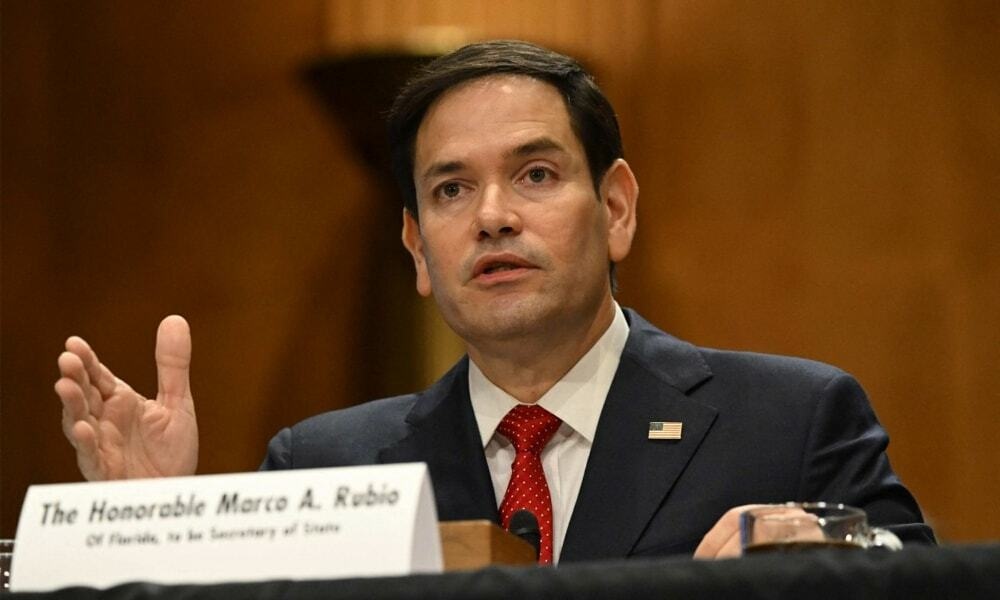In a major breakthrough, U.S. Secretary of State Marco Rubio announced on Saturday that India and Pakistan have agreed to an immediate ceasefire. The truce comes after 48 hours of intense diplomatic engagement involving top leadership from both countries.
Rubio confirmed the news on the social media platform X. He stated,
“I am pleased to announce the Governments of India and Pakistan have agreed to an immediate ceasefire and to start talks on a broad set of issues at a neutral site.”
He praised both Prime Ministers—Narendra Modi and Shehbaz Sharif—for their “wisdom, prudence, and statesmanship.” According to him, this step marks a return to reason and dialogue instead of destruction.
The India-Pakistan ceasefire agreement is the result of continuous back-and-forth discussions. Senior officials involved included Indian External Affairs Minister S. Jaishankar, Pakistan Army Chief Gen. Asim Munir, and both National Security Advisors—Ajit Doval and Asim Malik.
Pakistan’s Foreign Minister Ishaq Dar had already hinted at the deal. He confirmed earlier that both nations had agreed to halt all military operations immediately. Former U.S. President Donald Trump also posted online, saying the U.S. had mediated the ceasefire successfully.
The decision for a truce follows deadly military action from both sides. Over the past few days, Pakistan had launched high-speed missile attacks on 26 Indian military targets. These included critical airbases such as Pathankot, Udhampur, Bhuj, and Adam Port.
Indian military officials acknowledged the severity of the situation. They admitted to “significant human and material losses.” Following this, the Indian Army announced a strategic withdrawal to prevent further escalation.
During these strikes, a senior Indian administrative officer, Raj Kumar Thapa, lost his life in Rajouri. Meanwhile, Pakistani sources reported structural damage from Indian retaliatory fire along the Line of Control (LoC).
The India-Pakistan ceasefire has brought a temporary sense of calm. But the road ahead depends on the success of the proposed talks. For now, both countries have taken the first step toward peace, dialogue, and de-escalation.
Diplomats say that the upcoming discussions will address not just the latest conflict, but a wider range of long-standing disputes. The ceasefire between India and Pakistan may be fragile, but it offers a rare opportunity for resolution.


